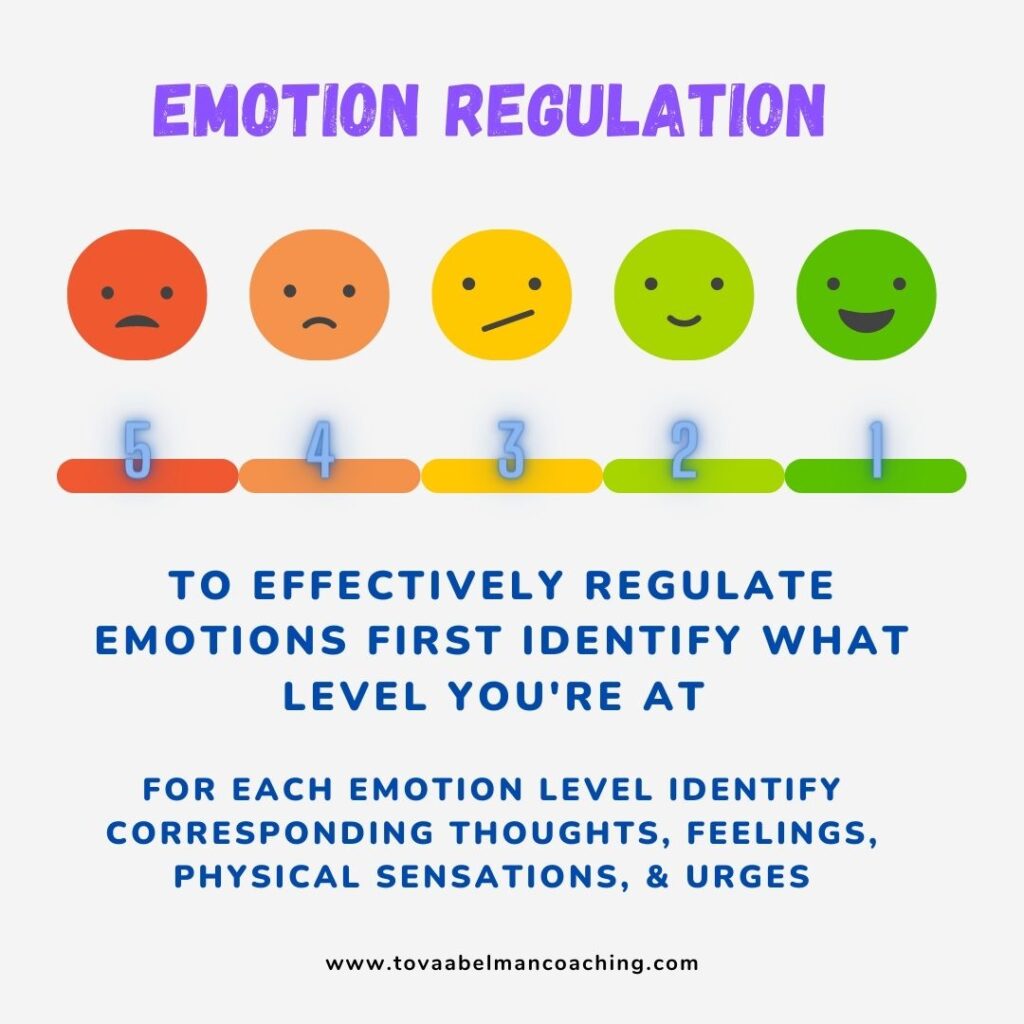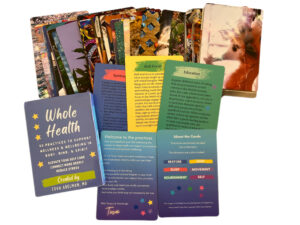
I’ve been studying improv for…awhile. Improv was a huge factor in my decision to enroll in a drama therapy master’s program. Improv has inadvertently become a big part of my life. Through my drama therapy education and passion for psychology and creative expression, I’ve given a lot of thought to how improv can facilitate and support our own personal growth. At its core the processes inherent to improv facilitate creative and divergent thinking, for many reasons. Improv is embodied cognition, which is a field unto itself. In virtually every improv class I have taken, we are instructed to be engaged in some activity or action while on stage. From a psychodynamic perspective, it’s possible ‘doing something’ distracts the egoic mind allowing greater access to the unconscious. From an embodied cognition perspective, we don’t think with our individual minds alone: our bodies are involved in thought processes. So there’s this element of improv— the mind/body embodied cognitive aspect.
There’s also our personal process as an improviser. It can be similar to ‘as above so below’, to use an alchemical sentiment— your process on the stage mirrors your process in your real life. This can especially highlight a judgmental and critical mind. For example, if you tend to feel judgmental of your improv, does this reflect a tendency you have to judge and criticize yourself in other areas of your life? What’s your process for stepping off the stage, after the show, receiving notes/criticism? Improv provides a practice for us to look at deeper rhythms, patterns, and currents in our lives off stage. For example, practicing more effective ways to respond to the inner critic after an improv scene may translate to a different way of relating to that same voice when it pops up in other life domains.
And there’s the characters we inhabit on the stage. Not only does embodying different characters allow us to explore different perspectives and points of view, it also gives us space to explore different parts of ourselves. As Tom Blank writes in his book on improv, “an improvisor may play different characters, but each is that improvisor. We say we are playing a character, but it is more accurate to say we are playing a part of ourselves.” (p. 235). Blank further goes on to note his observation that we tend to have a dominant personality which he refers to as “the habit”. In improv we can notice which types of characters and perspectives we prefer, as well as practice other ways of being that are perhaps less natural for us to fully inhabit. Blank writes, “when the habit relaxes and we explore new characters, we reveal more of ourselves” (p. 239) and goes on to refer to a “wild beast” within. To me, Blank’s conceptualizations of the habit, the wild beast, and their dynamic harkens back to an ego/unconscious dynamic where ‘the habit’ is the ego and the ‘wild beast’ is the unconscious. I think masks can be revealing and when we are given the ability to hide behind ‘a character’ we can more easily explore aspects of ourselves that are generally hidden such as more shadowy aspects.
The improv classes I’ve taken haven’t centered too much on some of these more depth-oriented elements inherent to improv (and there are so many others such as mindfulness!). A depth-oriented approach would be more focused on processes within the individual and the group both on stage and off, as witness/audience, as improvisor, and in one’s regular life, and in using principles of improv as tools for personal growth and development.




